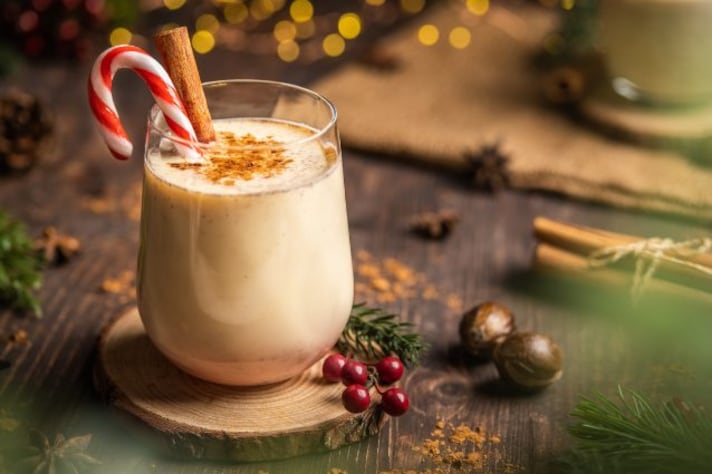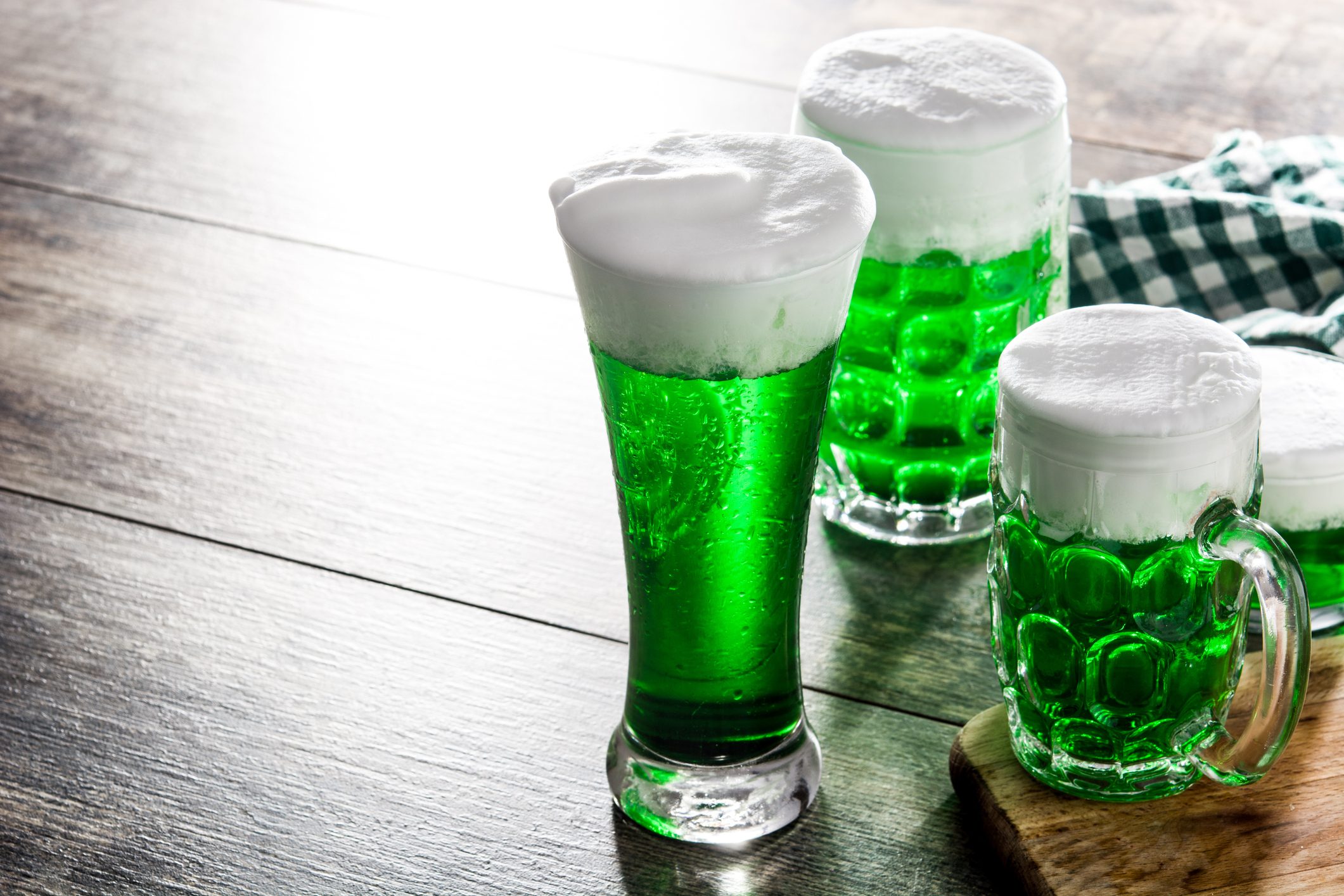Why Do We Only Drink Eggnog During Christmas Holidays? Is There Anyone Who Sells It Year-Round?
Eggnog is primarily consumed and sold during the Christmas season due to its historical roots, seasonal ingredients, and cultural association with winter. Its rich, creamy texture and warming spices make it ideal for colder months. While some may sell or make eggnog off-season, its appeal is strongest when tied to holiday traditions, making it a Christmas-only treat.

Eggnog. Just the mention of it conjures up images of twinkling Christmas lights, cozying up by the fireplace, and holiday cheer. For many, this creamy, spiced drink is inextricably linked with the Christmas season, and rightfully so. It’s a staple at holiday gatherings, from family dinners to festive stalls at Christmas markets. But have you ever wondered why we only seem to drink and sell eggnog during the colder months? Why does this rich, creamy beverage stay so tied to Christmas, and are we really missing out on a year-round holiday drink?
Why Eggnog is a Winter-Only Beverage
First things first, eggnog’s long-standing association with Christmas isn’t purely about taste; it’s about tradition. The drink originated in medieval Europe, where spiced wine or ale, mixed with eggs and milk, was popular in cold months to warm up. By the 18th century, eggnog had become a favorite among the American colonies, especially in the winter when dairy products and eggs were more readily available. The spices—nutmeg, cinnamon, and cloves—are all cozy, warming ingredients, making it perfect for colder weather.
Historically, eggnog was often spiked with alcohol (rum, brandy, or bourbon) as a way to fight off the chill and boost the holiday spirit. Now, this festive combination of milk, eggs, sugar, and spice is a drink that symbolizes warmth, family, and celebration, making it feel like it only belongs around Christmas time. Think about it—how many times do you hear the word "eggnog" outside of December? It’s like the drink is playing hard to get, only showing up when the holiday season calls for it.

Does Anyone Sell Eggnog Year-Round?
You might be thinking, “Surely, someone out there is selling eggnog year-round. It’s too good to be just a Christmas treat!” And while you’re right that eggnog has its appeal, the simple truth is that it doesn’t exactly have the same market outside the holiday season. Sure, some grocery stores and specialty shops might sell pre-packaged, non-alcoholic versions during the spring or summer, but it’s rare. Even so, these off-season offerings tend to stay on the shelves for only a short time before being replaced by more seasonally appropriate drinks like iced coffee or lemonade.
The issue isn’t that people don’t like eggnog year-round—it’s just that it doesn’t quite fit the bill in the warmer months. The creamy texture, rich taste, and heavy spices make eggnog more of a cold-weather indulgence. It’s like trying to enjoy a heavy winter coat in the middle of July—it just doesn’t work. While the occasional die-hard eggnog fan might stockpile the cartons or even whip up a batch in the spring, the mass market for eggnog is built around its limited-time appeal during the Christmas season.
So… Is Eggnog Just for Christmas?
Technically, no. Eggnog isn’t just for Christmas. But culturally and commercially, it absolutely is. The reality is that eggnog has become so intertwined with the holiday season that it’s almost impossible to imagine drinking it during any other time of the year. Much like pumpkin spice lattes or gingerbread cookies, eggnog is a seasonal indulgence that benefits from a sense of exclusivity. Its fleeting nature makes it more special, more coveted, and just a little more fun to sip when the temperatures drop.

That being said, some people do enjoy eggnog throughout the colder months, especially when there's an opportunity to celebrate other occasions, like New Year’s Eve or a winter gathering. You might find some eggnog lovers blending it into their own seasonal traditions. But let’s be real, if you’re making eggnog in July, you might get a few raised eyebrows. The drink’s appeal really peaks when it's part of the wider Christmas festivities, from Christmas markets to holiday dinner tables.
Why Eggnog is So Winter-Specific
Why exactly do we associate eggnog with Christmas and not, say, summer barbecues? It has to do with the science of taste and tradition. Rich, creamy drinks are less likely to be craved when temperatures soar. Cold beverages (like iced tea or lemonade) are much more refreshing in the heat, while heavier, spiced drinks like eggnog are often considered "comfort food," more suited to the season when we’re craving warmth and indulgence.
There’s also a psychological element. We’ve been conditioned over generations to expect certain flavors during specific times of the year. From turkey at Thanksgiving to pumpkin pie in the fall, foods and drinks become symbols of certain holidays. In the case of eggnog, its creamy texture and spices like nutmeg align with the coziness of winter. People have come to associate eggnog with the feeling of togetherness that comes during Christmas, whether it’s at family gatherings or festive stalls at Christmas markets.
;Resize,width=767;)
;Resize,width=712;)
;Resize,width=712;)
;Resize,width=712;)
